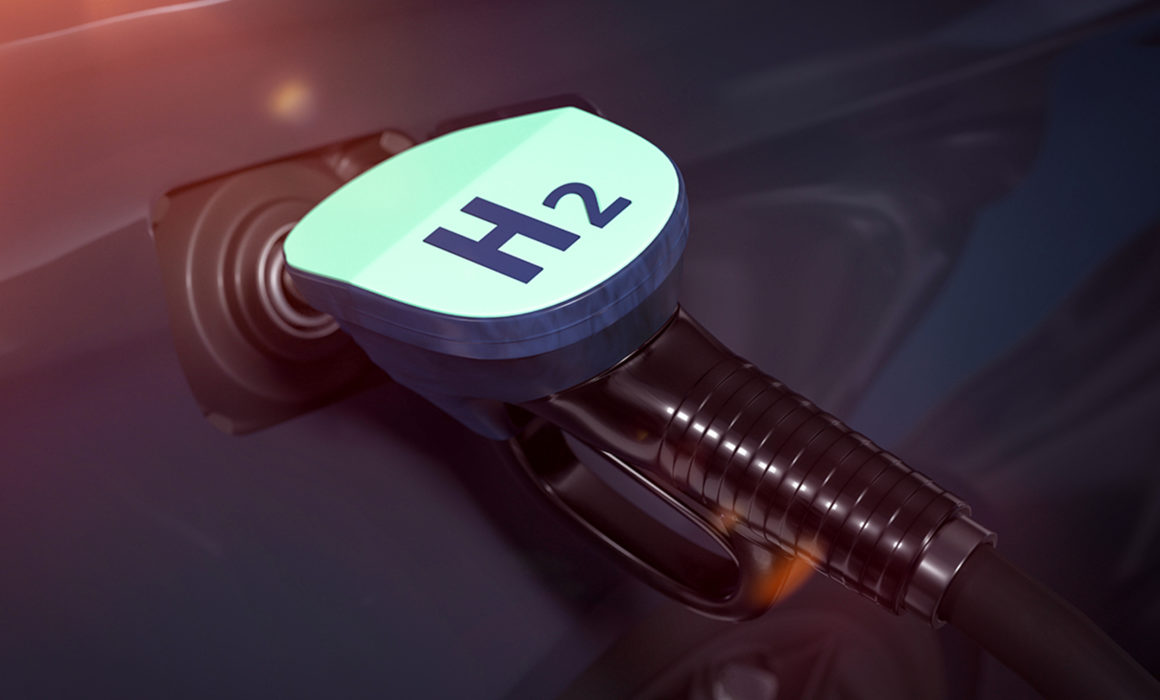Hydrogen fuel cells hold exciting potential as an emissions-free energy carrier, but they are prohibitively expensive to manufacture. Technion scientists in collaboration with the University of Connecticut (UConn) are working on a project that could advance the commercialization of these highly efficient fuel cells, allowing people to travel longer distances and leaving a smaller carbon footprint.
Fuel cells generate electricity through an electrochemical reaction of hydrogen and oxygen, found abundantly in nature, releasing just water and heat as byproducts. But currently, the most efficient catalyst for speeding up the chemical reaction is the precious metal platinum. The Technion-UConn collaboration, funded by philanthropist and businessman Ed Satell, aims to replace the platinum with lower cost, more abundant metals such as nickel and iron.
The work’s success could help propel this technology toward the mainstream. “That would be a significant sign to companies that this is the right time to make an investment in this technology,” said Technion Associate Professor Dario Dekel of the Faculty of Chemical Engineering.
The project, now in its second year, grew out of the UConn-Technion Energy Collaboration Initiative with $50,000 per year seed money from the Technion-Satell Foundation to promote the exchange of faculty and students for joint research. Mr. Satell, founder of Progressive Business Publications, has long been passionate about the Technion; his alma mater, UConn; and sustainable energy.



Your point of view caught my eye and was very interesting. Thanks. I have a question for you.
Thanks for sharing. I read many of your blog posts, cool, your blog is very good.